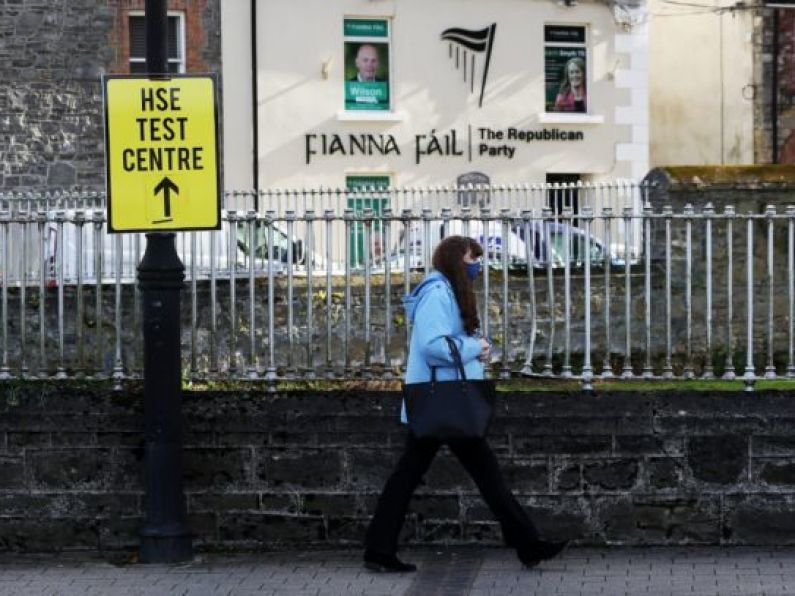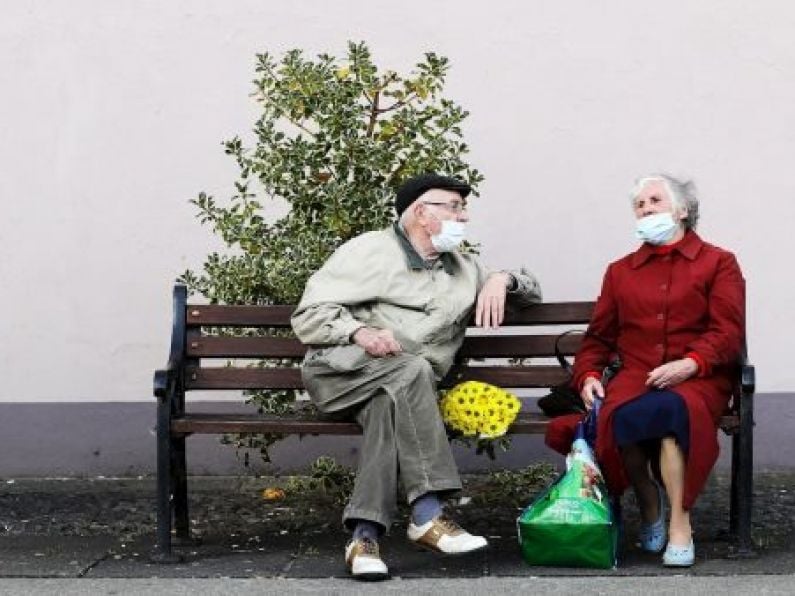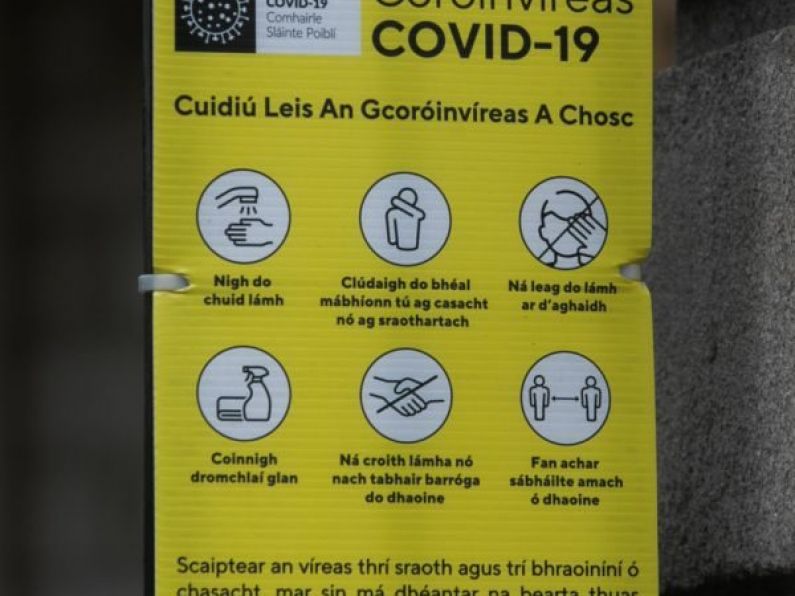Tomas Doherty & Joleen Murphy
A further 437 cases of Covid-19 have been confirmed in the Republic.
No further deaths were reported on Monday.
Of the new cases, 184 were in Dublin.
In the South East, there are 14 new cases in Tipperary, 6 in Carlow, 5 in Waterford, while there are less than 5 new cases each in both Wexford and Kilkenny.
The latest figures show 418 Covid-19 patients are in hospital, with 103 in intensive care.
More than 360,000 people in the Republic have now received at least one dose of a Covid vaccine.
A total of 513,322 vaccines were administered up to March 5th – 363,601 first doses and 149,721 second doses.
More than 90,000 people aged over 70 (Cohort 3 in the vaccine priority list) have received their first dose.
Up to 84,000 vaccines are to be delivered this week, with some 37,000 over-70s to receive their first dose of the vaccine.
Around 10,000 people with underlying conditions aged between 16 and 69 will also receive their first dose this week.
The Cohort 4 group includes people aged 16 to 69 with a medical condition that puts them at very high risk of severe disease and death.
Speaking at this evening's NPHET briefing, Chair of the Institute of Obstetricians and Gynaecologists, Dr. Cliona Murphy says getting Covid could negatively affect a man's fertility.
"There is no evidence that taking any of the Covid-19 vaccines effects a woman's future ability to conceive or to continue a pregnancy.
"There is however, evidence of a negative effect on fertility in men if they get Covid-19 and we are unaware if this is just a trend or if there are long term effects."
Meanwhile, the deputy chief medical officer, Dr Ronan Glynn, has said the number of cases of Covid-19 in long-term residential care settings has decreased rapidly over recent weeks.
The public health doctor said the number of cases dropped more than he expected, given the level of disease in the community.
In a letter to the Department of Health sent last week, Dr Glynn said the epidemiological situation in Ireland was improving but remained “very finely balanced”.
The National Public Health Emergency Team (Nphet) said that while indicators of mobility across the population were low, they continued to drift upwards.
“This is a cause for concern,” Dr Glynn said.
“While we are seeing continued, slower yet constant progress against all indicators of the disease, incidence remains high. Community test positivity remains high but appears to be reducing,” he said.
“The number of cases in long-term residential care settings has decreased rapidly over weeks, more so than would have been expected given the level of disease in the community.
“Deaths associated with these outbreaks in these settings also appear to be decreasing, with trends supporting the emerging evidence of the protective effect of vaccination.”
Dr Glynn said there had been some recent increase in the average number of close contacts per adult confirmed case, but that it remained stable at 2.6.
“We are maintaining a steady suppression of transmission,” he added.






